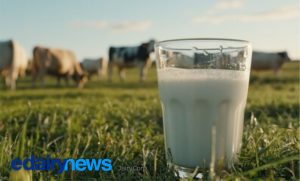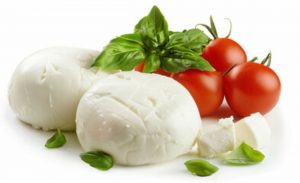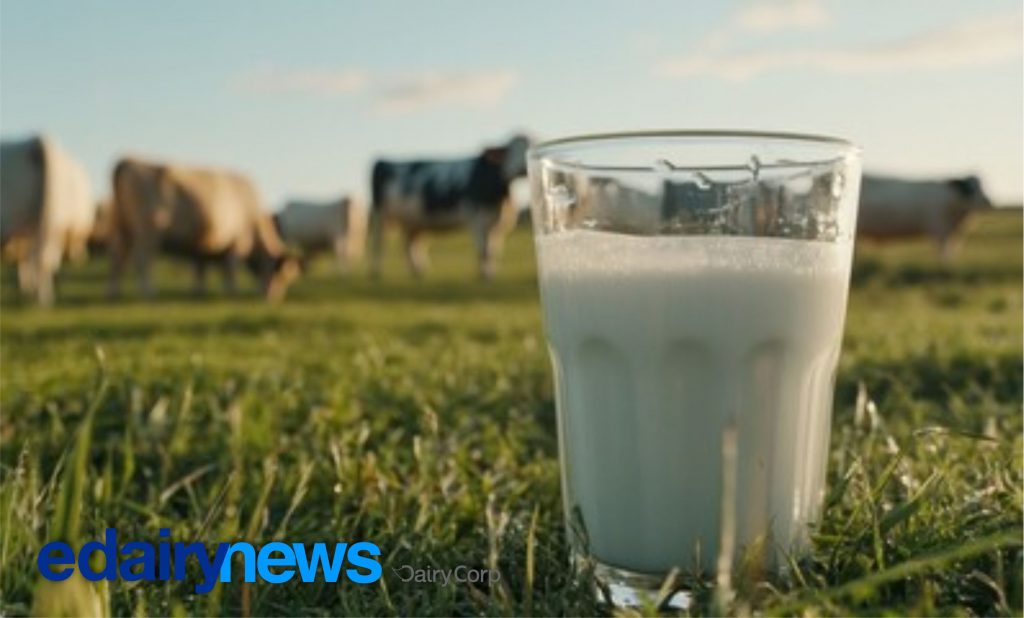When U.S. cheddar cheese prices fell to $1 a pound in May, customers around the world responded. June exports were the highest for any month ever, Bob Cropp, a University of Wisconsin dairy economist, said in the latest “Dairy Situation and Outlook” podcast.
That demand was one reason for the run-up in cheese prices, which hit $3 on July 13. At higher prices, cheese orders probably started slowing in July, he said.
But exports have been strong. Milk powder exports were a record high in May. Dry whey exports have picked up with China trying to rebuild its swine herd after the African swine fever outbreak. Even butter exports were up, he said.
Stocks of nonfat dry milk powder had a huge bump in April, but they’ve been pulled down since, Mark Stephenson, a fellow economist at the university, said.
“Exports I think are moving a lot of product. There was a huge amount, percentage of our skim milk powder/nonfat (powder) that really got sold overseas,” he said.
“I was kind of surprised we haven’t seen a little more strength to, you know, the nonfat dry milk price,” Cropp said.
However, it’s now over $1 a pound after having traded in the 94-98 cent range, he said.
Spot prices for block cheddar cheese have bounced around. They briefly hit $3 and were recently in the $1.60 range. There was a small rebound from there and a contraction. During the last couple of days they’ve been in the $1.70 range, Stephenson said.
Barrel cheese prices were up to about $1.50 but are now down to about $1.31. Butter has also come down quite a bit, from $1.70 a pound in July to about $1.52 now, Cropp said.
Several factors drove the run-up in cheese prices. Milk production slowed, restaurants reopened and restocked, exports were strong and the government purchased cheese for food assistance, he said.
But all of that is treading back a little now, he said.
“So the market’s very sensitive. So we’ve seen quite a comedown in those prices due to those small changes,” he said.
Class III milk prices have been all over the board, and right now they’ve come down a lot to $15.41 a hundredweight for September. That’s a long way from the $24 in July, he said.
It seems reasonable that the price could drop below $16. July milk production was higher than June. But it should come down a bit in August and September, and there should be some seasonal demand for cheese and butter for the holidays, he said.
“We could get a little rally in the butter price and in the cheese price … and be in the strong $16s. Perhaps $17 isn’t out of the question in November,” he said.











